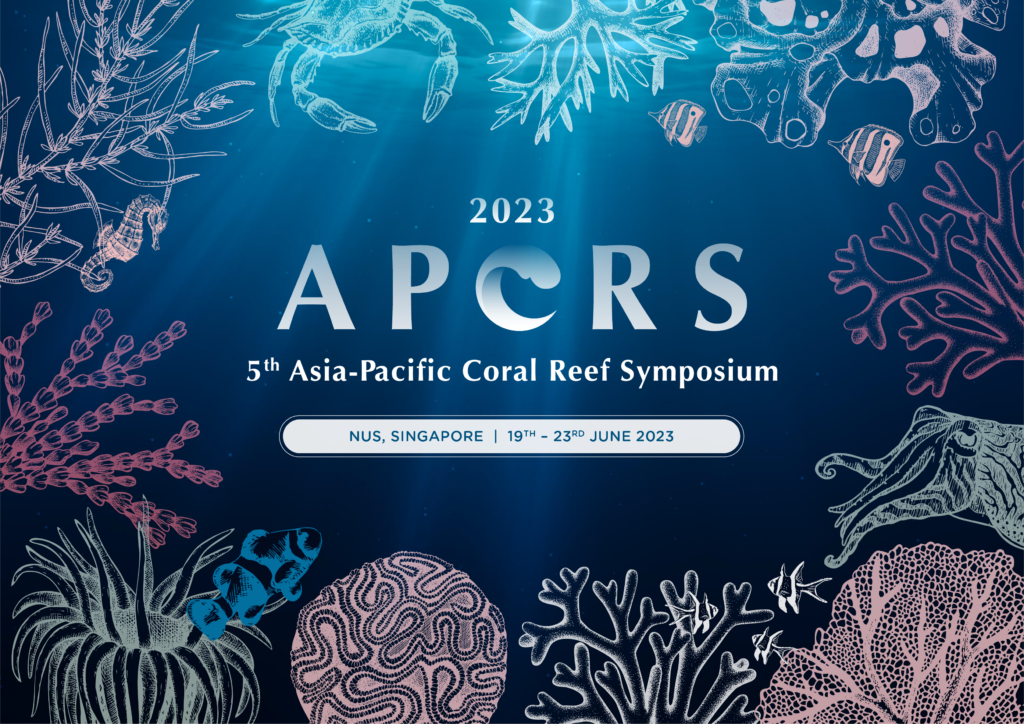5th Asia-Pacific Coral Reef Symposium | 19-23 June 2023
With the theme ‘Coral reef science and management in a rapidly changing world’, the 5th APCRS will continue to be a forum for reef scientists and managers to present, discuss and integrate the science and conservation of Asia-Pacific coral reef ecosystems. Ultimately, we hope the region’s scientific community can come together to create new paradigms to meet the key challenges to the region’s reefs in the future.
The 5th APCRS will comprise four days of formal scientific proceedings with plenary talks, oral and poster presentations, as well as a half-day of workshops and half-day of tours.
As the host institution and supporting agency for the 5th APCRS, respectively, the National University of Singapore and National Parks Board are honoured to welcome you to Singapore in 2023.
With its highly urbanised shoreline and intensively utilised coastal waters, Singapore exemplifies how coastal development exerts pressure on coral reefs and other marine habitats. It also provides a useful case study of environmental management, and adoption of management practices that aim to balance development and conservation of natural resources.
A brief history of the Asia-Pacific Coral Reef Symposium
The Asia-Pacific is a region of global significance. Most of its nations are undergoing rapid economic growth, but importantly it also cradles more than half of the world’s marine species, with coral reefs being among the most crucial ecosystems distributed within the biodiversity hotspots that encompass Southeast Asia and northern Australia. Despite their importance, coral reefs here are threatened by a variety of stressors, including coastal modification and rapid climate change, giving rise not only to ecological implications but also to socio-economic impacts.
To draw attention to these threats and to work together towards practical solutions, the 1st Asia-Pacific Coral Reef Symposium was organised in 2006 to provide a platform for scientists, educators, managers, environmentalists, and other stakeholders in the region to share their knowledge and expertise on the fields of coral reef biology, ecology, management and conservation, with the intention of forging greater cooperation and effective programmes for collaboration to preserve our common marine natural heritage.
Held every four years and hosted by different institutions in the region, the number of participants has increased steadily from 250 in the first Symposium to more than 500 in the fourth Symposium. The expanding networks of people involved in the event illustrate the ever-growing interest and urgency in conserving coral reefs and marine resources in the region.

